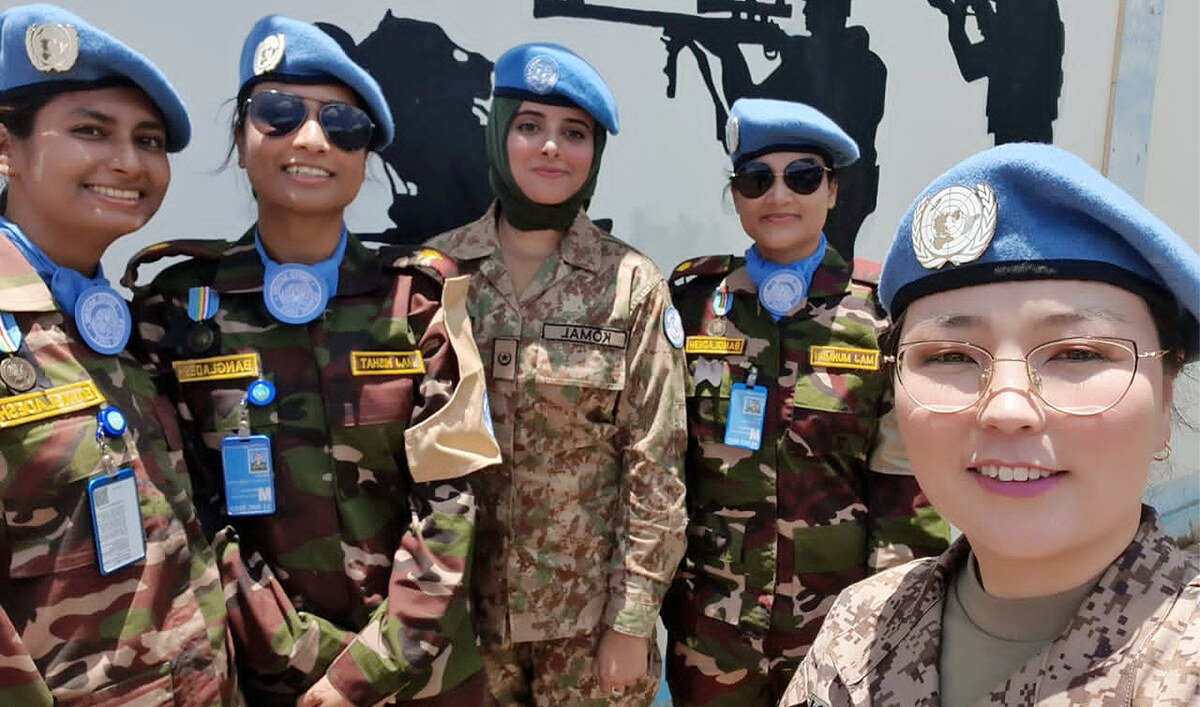ISLAMABAD: Pakistan has granted licenses to 57 manufacturers of electric vehicles (EVs), state media reported on Tuesday, as the government moves to transition to green transport solutions and beat climate change.
The government of Pakistan approved an ambitious National Electric Vehicles Policy (NEVP) in 2019 with the goal of electric vehicles comprising 30 percent of all passenger vehicle and heavy-duty truck sales by 2030, and an even more ambitious target of 90 percent by 2040. For two- and three-wheelers, as well as buses, the policy set a goal of achieving 50 percent of new sales by 2030 and 90 percent by 2040.
“The government is focusing on expanding local EV production, with licenses issued to fifty five manufacturers for two and three-wheelers, and two for the assembly of four-wheelers,” Radio Pakistan said in a report. “A plan is under consideration for establishing charging stations, including fast chargers and battery swapping stations.”
The report said under a new EV policy, free registration and exemption from annual token fees and toll taxes would also be offered to consumers.
“There is a plan to create at least one electric vehicle zone in each province, including Islamabad,” Radio Pakistan added.
A Senate Standing Committee last week criticized a lag in the production of EVs in Pakistan, saying only 60,000 had been produced by this year against a target of 600,000.
Last month, Pakistan said it would cut the power tariff for operators of EV charging stations by 45 percent as part of the ongoing reform of the energy sector designed to boost demand. The government is also planning to introduce financing schemes for e-bikes and the conversion of two- and three-wheeled petrol vehicles.
The cabinet on Jan. 15 approved a reduced tariff of 39.70 rupees ($0.14) per unit, down from 71.10 rupees previously, which will be in place within a month. The government expects an internal rate of return of more than 20 percent for investors in the sector.
According to a report submitted to the government by power ministry adviser Ammar Habib Khan and reported by Reuters on Jan. 15, there are currently more than 30 million two- and three-wheeled vehicles in Pakistan, which consume more than $5 billion worth of petroleum annually.
The energy ministry plans to convert 1 million two-wheelers to electric bikes in a first phase, at an estimated net cost of 40,000 rupees per bike, according to the report, saving around $165 million in fuel import costs annually.
BYD Pakistan, a partnership between China’s BYD and Pakistani car group Mega Motors, told Reuters in September up to 50 percent of all vehicles bought in Pakistan by 2030 would be electrified in some form in line with global targets.


















